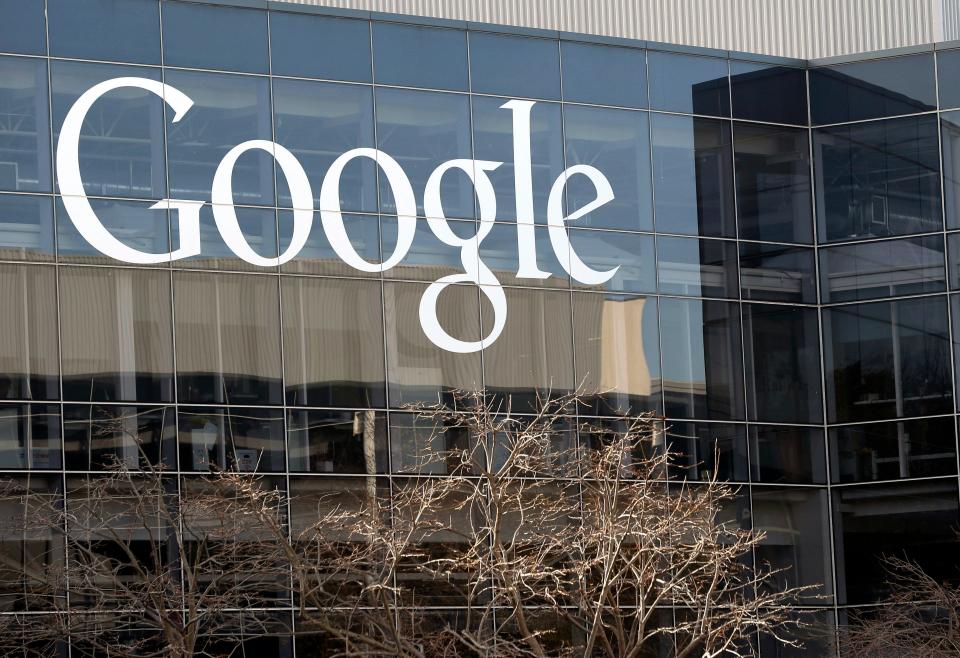Google to delay return to office until September – and may not ask them to come in permanently at all

Google will delay its staff's return to the office until September, and may not ask them to come in full time when they do.
The new target for bringing an end to working from home is pushed back from an initial target of January next year and then July. Google had been one of the first companies to ask staff to work from home as the coronavirus outbreak began to arrive in the US.
Even when staff are asked to return to the office, they might never do so full time. The company is testing the idea of a "flexible workweek" that could see them come in at least three days a week while working from home the other days, according to an email from chief executive Sundar Pichai that was first reported by the New York Times.
The days in the office will be treated as “collaboration days”, while on the others staff will be allowed to work from home.
“We are testing a hypothesis that a flexible work model will lead to greater productivity, collaboration, and well-being,” Mr Pichai wrote.
“No company at our scale has ever created a fully hybrid work force model — though a few are starting to test it — so it will be interesting to try.”
The company will change its workplaces so that the risk of infection is reduced when staff return, Google said. that could include new office designs, the option to book collaborative workplaces inside the office and safer spaces outside.
It could also introduce new technologies to make it easier to work from home, and to allow people in the office and outside of it to better collaborate. That includes presentation booths that will allow for professional-looking broadcasts to be sent to people at home, for instance.
Tech companies – and in particular Google – are likely to serve as a model for other businesses as they look to transition back to working after the pandemic. The industry was among the first to send staff home at the beginning of the outbreak, before government orders mandated it.
Some companies have gone even further than Facebook. Twitter has said that staff will be able to work from home “forever”, if they want to, even after its offices are open.
Others, however, have rejected it more firmly. Netflix chief executive Reed Hastings has said that he had seen no positives from the period of working at home, despite suggesting that the company’s working schedule would likely change to allow for one day from home per week.
Read More

 Yahoo Finance
Yahoo Finance 